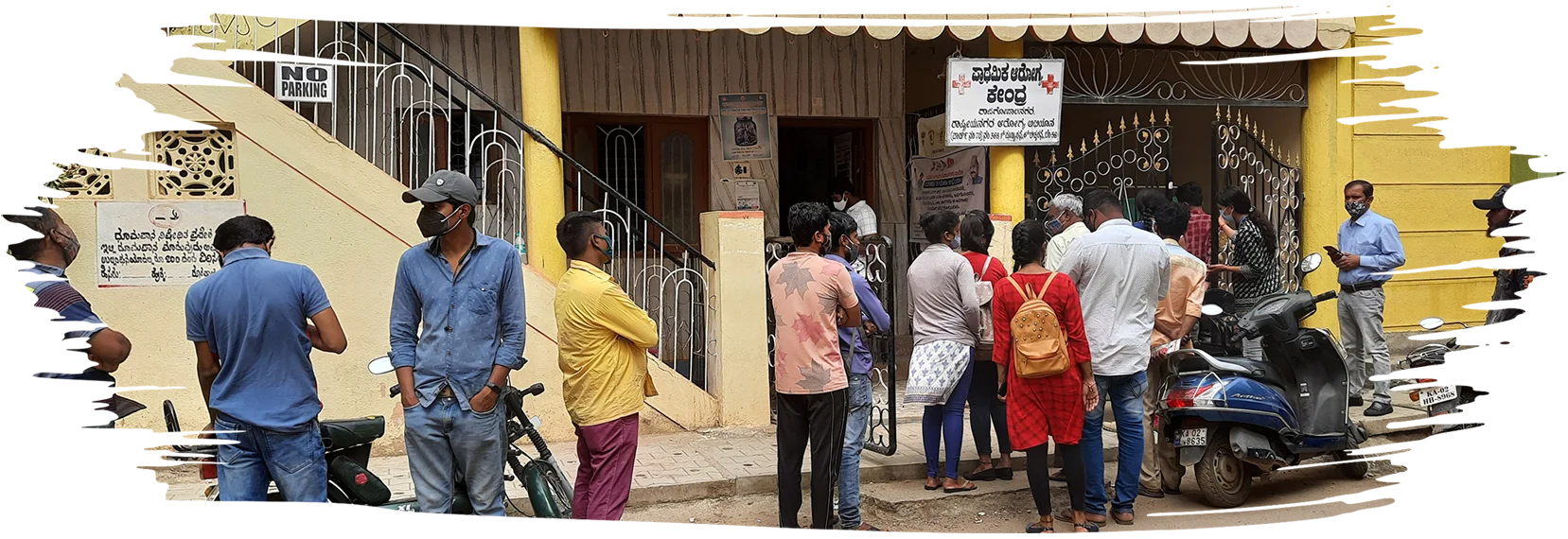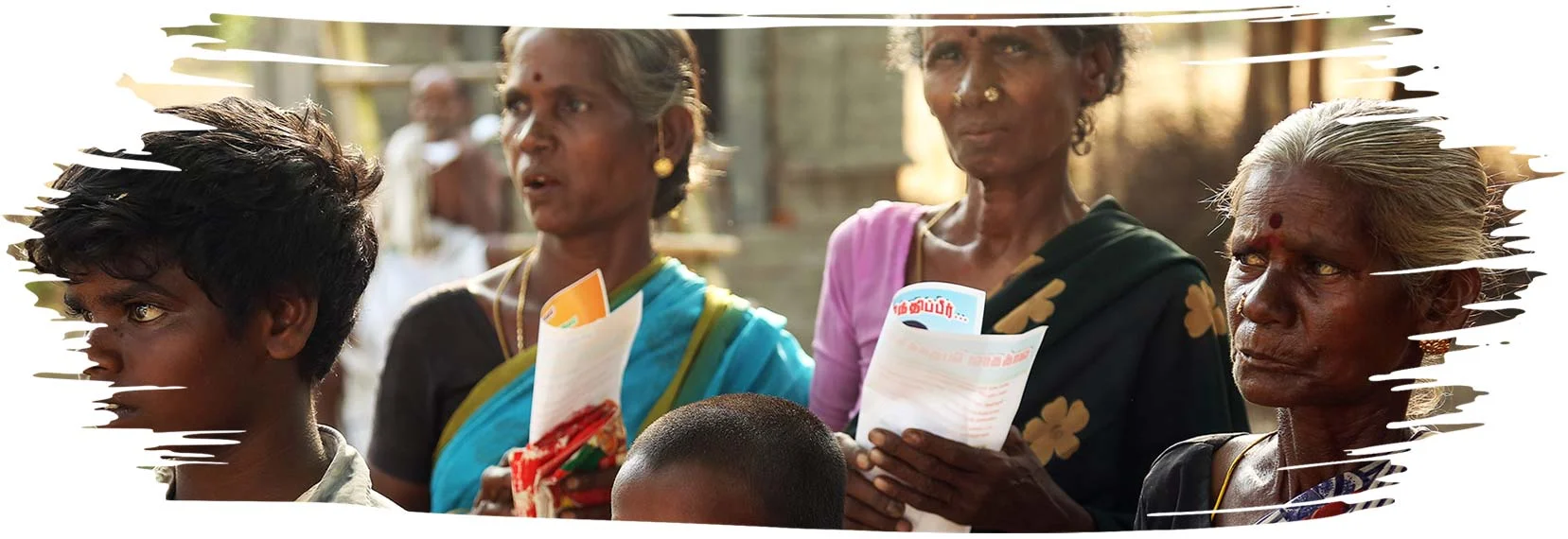Institutional Transformation
The Context

Despite the last 70 years of planned development and the investment of lakhs of crores of rupees in infrastructure and socio-economic development, India still faces issues of growing pauperisation, conflict over resources, inequitable development, deficit in participatory democracy and environmental degradation.
The challenges in the eradication of poverty do not emanate merely from the lack of resources or technology, but rather, from a failure in governance. The crisis in governance has at its core, the unwillingness and lack of commitment from:
- Sections of the bureaucracy and technocracy, and
- The political executive to turn promises of inclusion, equity, democratic participation and sustainable development into a reality.





